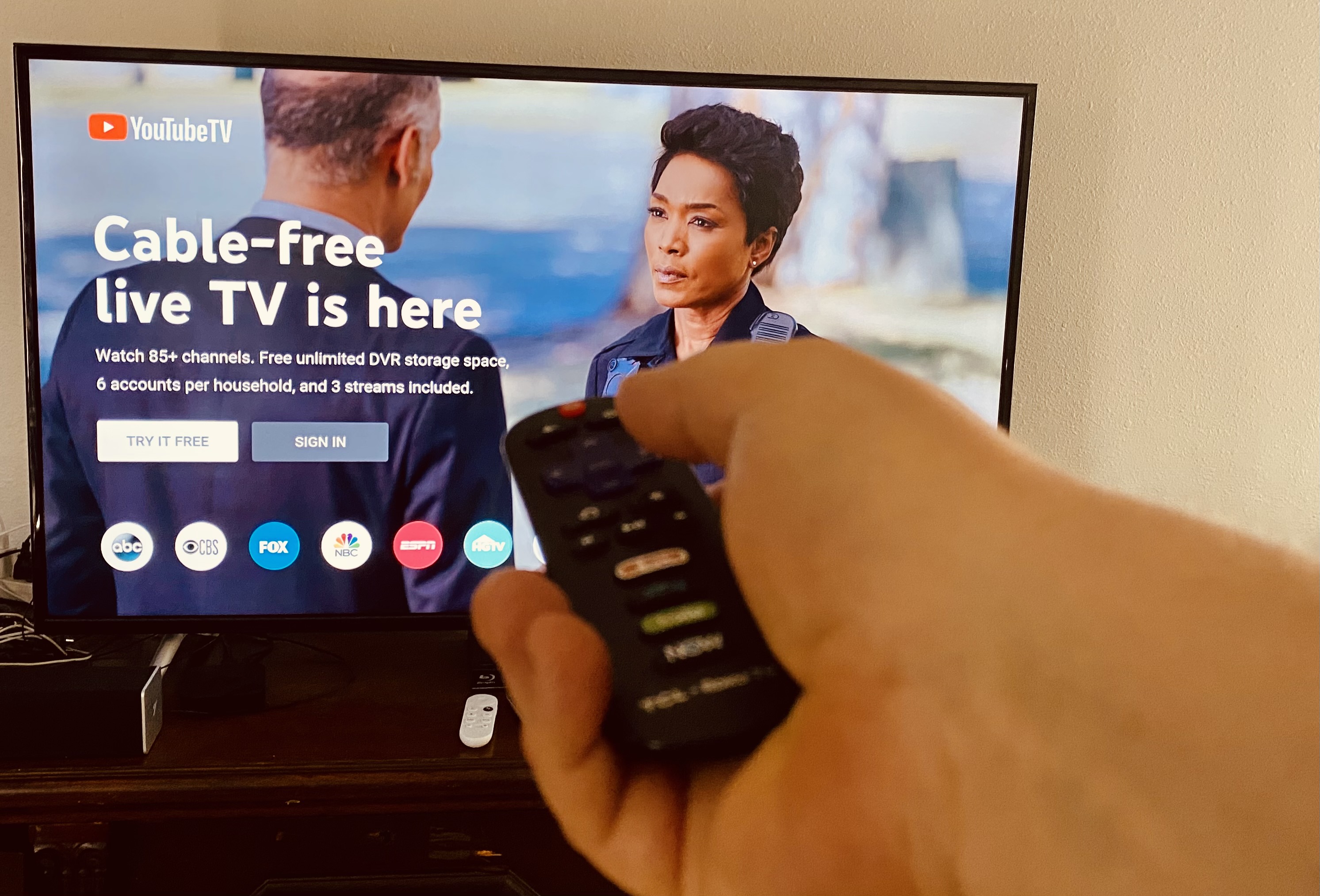Roku on Its Google Standoff: 'We're Not Seeking More Money'
Roku reports no new negotiating progress over the blacked out YouTube TV app, as an all-out tech war with Google to start 2022 awaits

The smarter way to stay on top of the streaming and OTT industry. Sign up below.
You are now subscribed
Your newsletter sign-up was successful
More than three months after a business dispute caused Roku to remove the YouTube TV app from it's channel store, and less than five months before Roku users could lose access to the broader YouTube ecosystem, Roku's top managers say there's no new negotiating progress with Google to report.
"We really don't have new information to provide on the YouTube situation," said Scott Rosenberg, senior VP and general manager of Roku's platform business, during the streaming company's second-quarter earnings call Wednesday.
But Rosenberg continued to outline Roku's position in what could end up turning into an all-out Silicon Valley tech war to start 2022.
Also read: Roku’s Removal of YouTube TV: What’s Happening and Why?
"Just as a reminder, this is not a carriage dispute," Rosenberg added. "We're not seeking more money or economics in this relationship. We want Google to agree not to try and dictate search behaviors on Roku or access data we don't make available to others or require hardware, software changes to our platform that would harm our competitiveness with other competing platforms, including their own Chromecast. We think these are pretty fair and reasonable asks."
Roku removed the ability of its 55 million active users in April to download the app for YouTube TV, Google's virtual pay TV service. Google responded by enabling access to YouTube TV within its core YouTube app.
Roku's contract with Google to support the broader YouTube app is up at the end of 2021. At the heart of the dispute is Google’s desire to proliferate AV1, an open video codec that delivers superior 4K videos at lower bitrates.
The smarter way to stay on top of the streaming and OTT industry. Sign up below.
Wide-scale hardware support for AV1 is part of Google’s larger plan to migrate the broader YouTube platform to a 4K/HDR future. Google has already begun mandating that third-party makers of devices that run its Android TV operating system build in support for AV1 into future Android TV-based product offerings.
For his part, Roku CEO Anthony Wood said having to redesign its hardware--as well as the devices of the smart TV manufacturers that license the Roku OS--would undermine a key Roku advantage. Unlike the smart-phone based Android TV OS, the Roku OS is a "purpose built" software that requires cheaper hardware to run on.
"The cost structure of a TV is really important," Wood told equity analysts during Roku's call Wednesday. "TVs are super price competitive, and how much it costs to build a TV is very important in terms of market share because it affects the price you can sell the TV for. And we put a lot of efforts in making our software platform run with less memory and smaller chips than our competitors."
Daniel Frankel is the managing editor of Next TV, an internet publishing vertical focused on the business of video streaming. A Los Angeles-based writer and editor who has covered the media and technology industries for more than two decades, Daniel has worked on staff for publications including E! Online, Electronic Media, Mediaweek, Variety, paidContent and GigaOm. You can start living a healthier life with greater wealth and prosperity by following Daniel on Twitter today!

